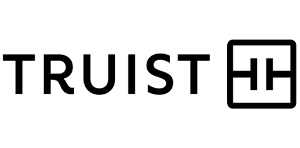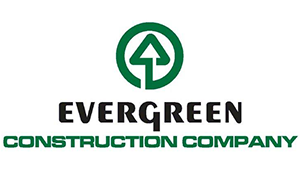Anna Patterson, Policy Analyst & Stephanie Watkins-Cruz, Director of Housing Policy
While budget season is (and has been) in full swing, we want to revisit the state’s housing appropriations, why they matter, and what levels of funding these programs have had in recent years. Check out our key housing appropriations summary table below!
| Housing Appropriation | What is it? | Why does it matter for housing in NC? |
| NC Housing Trust Fund | Finances the state’s Supportive Housing Development Program. Leverages private dollars to finance the new construction and rehabilitation of emergency shelters, licensed group homes, and other housing for special needs groups. | The state’s most flexible housing resource. Provides the state’s largest source of funds to finance supportive housing and emergency repairs/accessibility modifications. |
| Workforce Housing Loan Program (WHLP) | Awards select LIHTC projects with a 30-year deferred payment loan at 0% interest.
Non-recurring budget item. If there is an impasse, it is not included in the budget. |
Encourages the development of more deeply affordable housing in NC’s lowest-income counties. |
| Key Rental Assistance | Project-based program that provides housing vouchers and security deposits for extremely low-income individuals who are disabled and/or experiencing homelessness. | Ensures housing is affordable for some of NC’s most vulnerable residents. |
| Low-Income Energy Assistance Program (LIEAP) | Supplements the Federal LIEAP program. Provides one-time vendor payments to help eligible households with energy bill costs. | Helps low-income elderly and disabled individuals keep their heat on throughout the winter. |
| Home Investment Partnership Program (HOME) Match | Federal block grant to create affordable housing for low-income families. Requires a 25% match, which this allocation helps to fund. | Funds down payment assistance, construction, rehab of owner-occupied homes, and rental assistance. |
| Transitions to Community Living (TCLI, Olmstead) | Provides a housing voucher and wraparound services for eligible adults with severe and persistent mental illness transitioning from institutions to community care. | Diverts people with severe and persistent mental illness away from restrictive settings and assists people transitioning out of such settings into an independent setting. |
In any given budget there are also special project allocations and other policies or programs that can be added that may not be reflected within any of the categories listed in the table above. We also try to keep an eye on programs or policies embedded in the budget that look at supportive housing development allocations, property tax relief or program changes, energy and water utility assistance, as well as separate allocations for multi-family or affordable housing development and disaster recovery efforts.
As we continue to track developments around the FY23-25 budget, we will continue to release information about how to engage around appropriations and be a part of advocating for housing investment levels that meet the true scale of need for communities across our state.
Check out our posts about the FY23-25 budget so far:
Governor Roy Cooper Releases Proposed FY 2023-25 Budget
NC Senate releases their FY23-25 Budget
NC House Releases Budget Proposal
Questions? Feel free to reach out to Anna Patterson at apatterson@nchousing.org or Stephanie Watkins-Cruz at swatkinscruz@nchousing.org.








